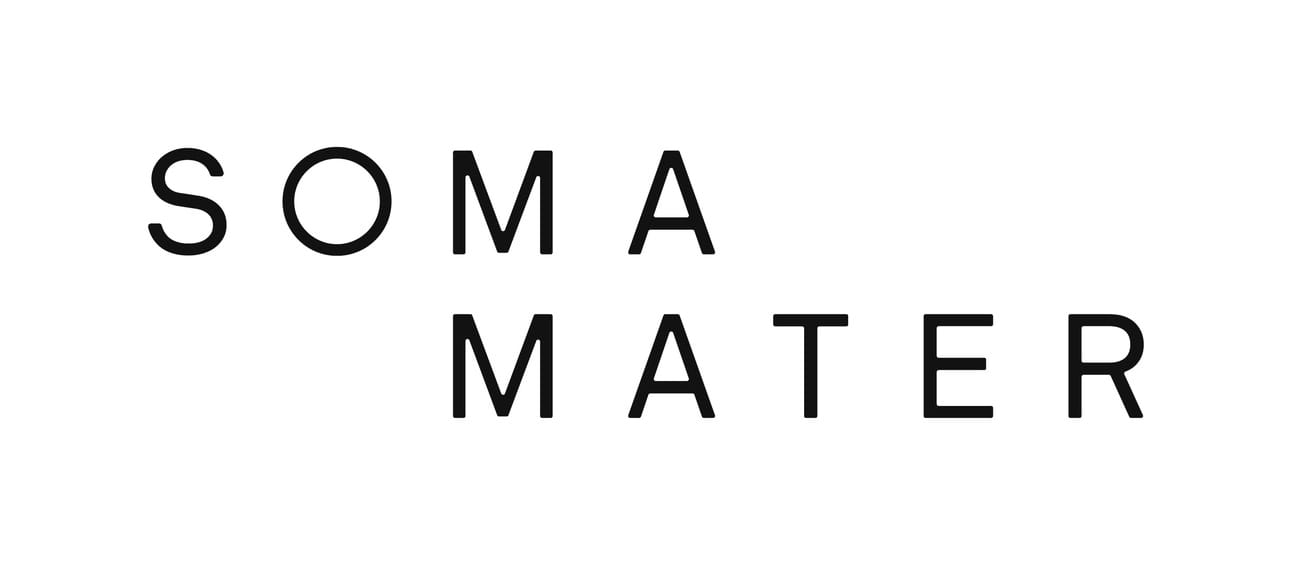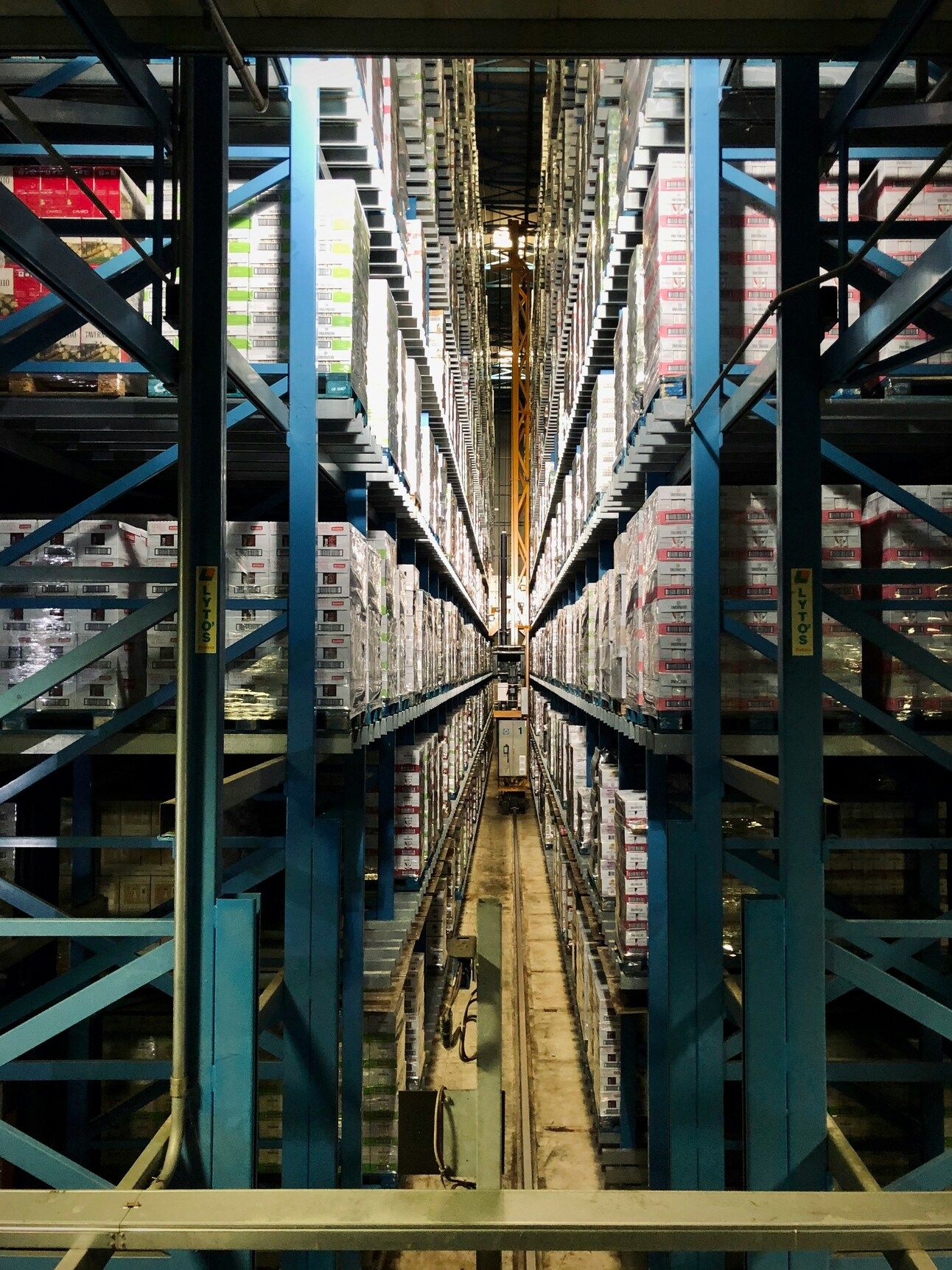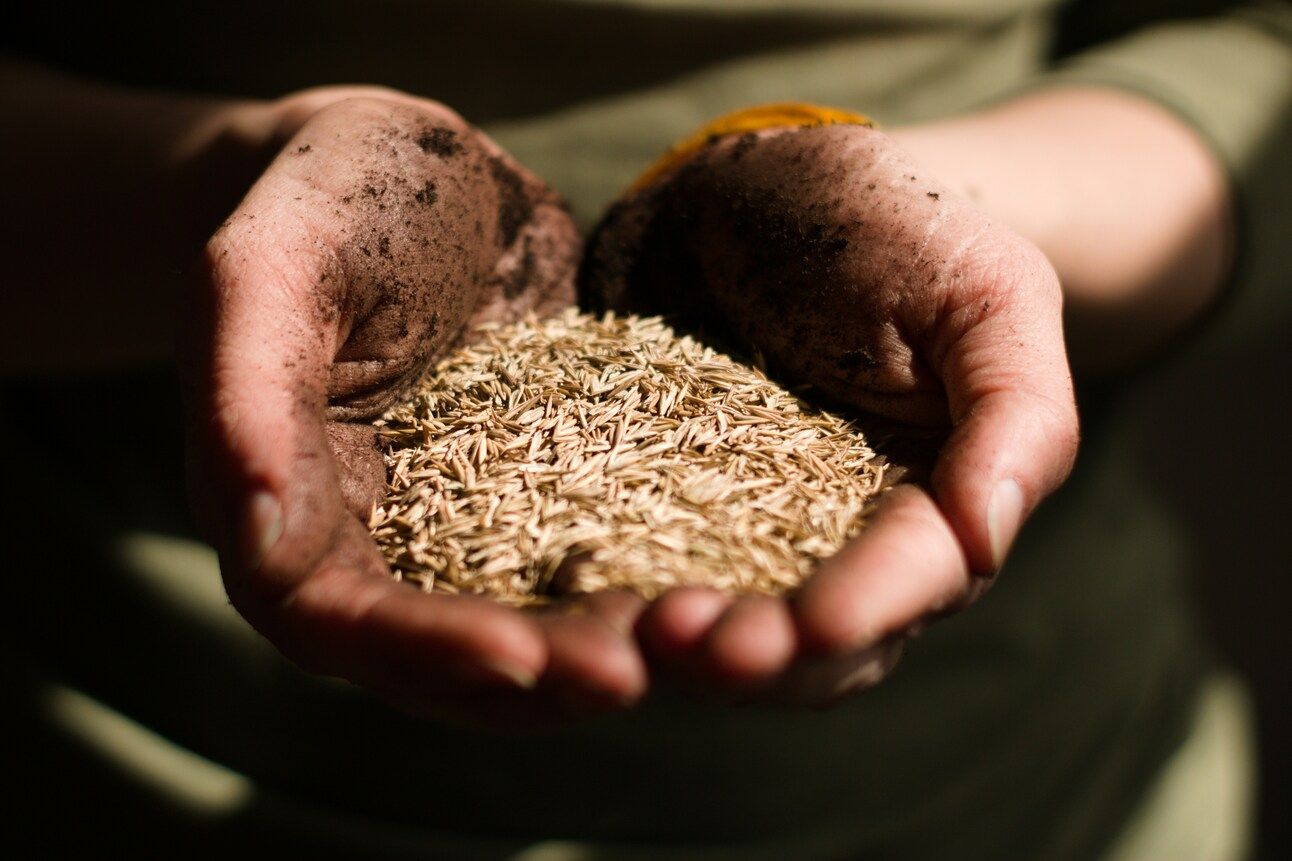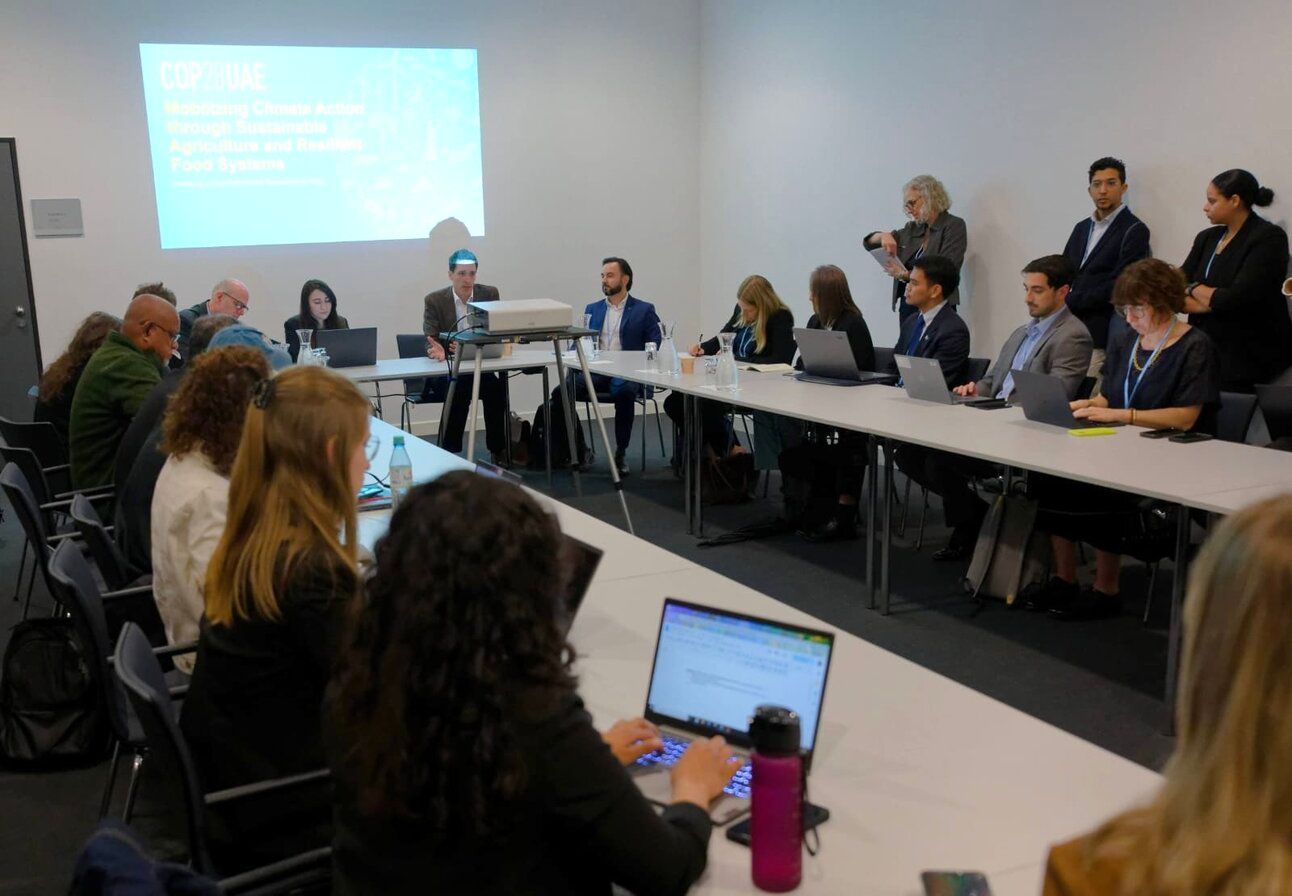- Soma Mater's Newsletter
- Posts
- SOMA MATER's Weekly Newsletter
SOMA MATER's Weekly Newsletter

This is a weekly top 3 stories of the last week in food systems and sustainability, with the SOMA MATER analysis and perspective.
This week’s stories look at the role of industry leaders in pioneering local food production in the UAE and the challenges faced. We also look at the accomplishment of the Mleiha wheat farm in developing the new wheat variant "Sharjah-1". Lastly, we highlight the recent launch of the Technical Cooperation Collaborative (TCC) by the COP28 Presidency and what we believe that means for regional and international agriculture.
We are going to bring you the top three every week and would love to know what you think! Reply to the newsletter and give us your perspective!
Sustainably yours,
The SOMA team
David and Goliath: The Battle for Dominance of Local Food Supply in the UAE

Key industry leaders in the UAE are recognizing the benefits of locally grown food and domestic brands. This has demonstrated the growing commitment to food security in the UAE.
One such leader is General Marketing Group (GMG). The company has a comprehensive farm-to-fork vision that encompasses the entire food consumption chain. GMG has a partnership with Dubai Municipality to market and sell farmers' products through its six food manufacturing and processing facilities. The company collects, packages, and markets crops across local outlets, supporting sustainable food production systems with modern technologies. It also features home-grown brands in its portfolio.
Another leader, Al Ghurair Foods, is aligned with the UAE’s National Food Strategy 2051 by investing in local food production infrastructure and technologies. Their aim is to give local food producers a competitive edge.
Several other industry leaders in the UAE also acknowledge the benefits of local production to supply chain efficiency. Yet, local production is still struggling with the dominance of multinational corporations, competition with subsidized imports, and fluctuating commodity prices. These multinational corporations enjoy years-worth of widespread acceptance among UAE consumers, keeping UAE brands on the fringes. High energy costs are another significant challenge for local crop production. This can make locally produced food more expensive than imported varieties, even with the use of solar panels.
SOMA’s Perspective:
GMG and Al Ghurair have been helping to raise awareness of the local food system by making it more accessible to the consumer. They are collecting, branding, and delivering directly to the consumers. They are also strengthening the local supply chain. SOMA MATER believes the region needs more champions like these, as it helps to raise the value and opportunity of food production in-country and ultimately, food security.
Source:
Mleiha's 'Sharjah-1' Steps Up the Grain Game!

The Mleiha Wheat Farm has reached a milestone under the guidance of the UAE's Department of Agriculture & Livestock. The farm developed a new wheat variant known as "Sharjah-1", or Saba Sanabel "Seven Spikes" wheat. The farm houses non-genetically modified soft wheat varieties, which usually includes soft red winter and soft white varieties. These are usually lower in protein content and use less water. "Sharjah-1" is more tolerant to heat and climate change and requires 30% less water, making it a robust contender for sustainable farming in challenging environments. It is also the first organic wheat in the Middle East. The farm conducted studies on about 30 varieties of wheat from different countries to select the ideal variety type for the project.
The protein content of wheat grains and flours usually ranges from 7% to 22%, but mostly between 10% and 15%. Studies on several soft wheat varieties (similar to the one in the Mleiha farm) also show the same results. Thus, what sets "Sharjah-1" apart is its superior nutritional value. It boasts a protein content of 19%, the highest in the world, making it an excellent food source. The wheat’s protein content is important as it significantly determines the ability of wheat flour to be processed into different foods. This has led to the Mleiha Wheat Farm receiving the Future Fit Seal, an indicator given to institutions that create and implement outstanding initiatives. The farm's current location was once a water stream, carrying water from the mountains to the sea. Hence, its fertile nature.
SOMA’s Perspective:
The success of the Mleiha Wheat Farm’s "Sharjah-1" project is an example of the achievable in the UAE. It demonstrates how it is possible to find crops that best suit the environmental conditions through the use of testing and experimentation. The project demonstrates that working hand-in-hand with the ecosystem can maximize the potential of food production in our region’s environment. Wheat and wheat-related commodities are vital to the UAE, especially considering the nationalities present. Under the Food Security Strategy, wheat is one of the eighteen food basket commodities. The Mleiha wheat farm is a step in the UAE’s effort to curb uncertainties in food availability and guarantee a more stable source of this important commodity.
Sources:
COP28 Presidency Launches the Technical Cooperation Collaborative to Sprout Sustainable Farming Worldwide

The COP28 Presidency recently announced the establishment of the Technical Cooperation Collaborative (TCC). This technical group was created with the focus of helping to enforce the COP28 UAE Declaration on Sustainable Agriculture, Resilient Food Systems, and Climate Action. This will strive to help more vulnerable countries in switching to more sustainable ways of farming.
The TCC will respond to requests from countries to foster more extensive and transparent collaboration. This will ensure that their national priorities are met while identifying any gaps and opportunities, and facilitating the expansion of technical cooperation.
The founding members of the TCC include COP28 UAE, Italy, the US, the UK, the World Bank, the FAO, the International Fund for Agricultural Development (IFAD), AGRA, CGIAR, GAIN, the Global Green Growth Institute (GGGI), and the Inter-American Institute for Cooperation on Agriculture (IICA).
SOMA Perspective
We believe the establishment of the Technical Cooperation Collaborative (TCC) marks the start of the promises made at COP28. Although the pledges and agreements at COP28 were impressive, action is required to achieve tangible results. This announcement is important because we want to see sustainable growth in agriculture without the limitation to developing nations’ growth. SOMA wishes to see more solutions coming from the region and from developing nations.
Source: